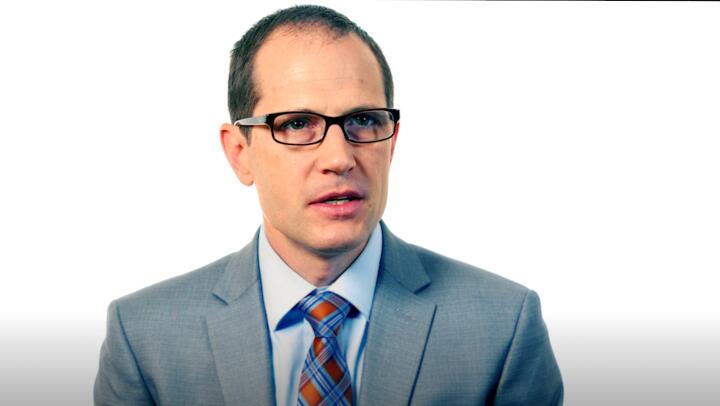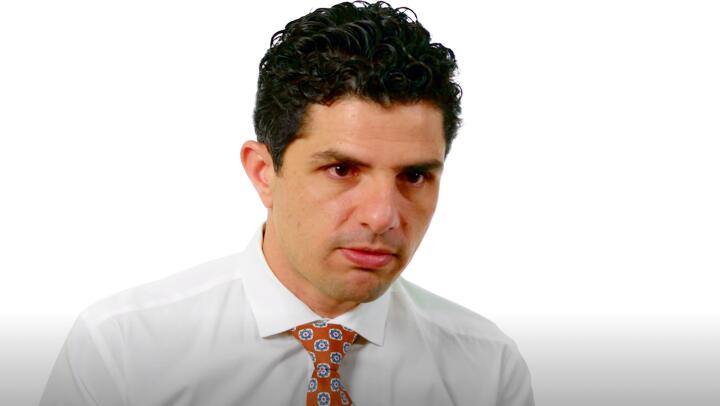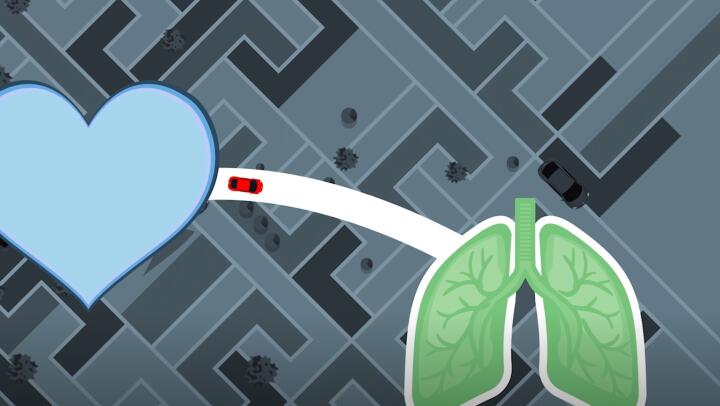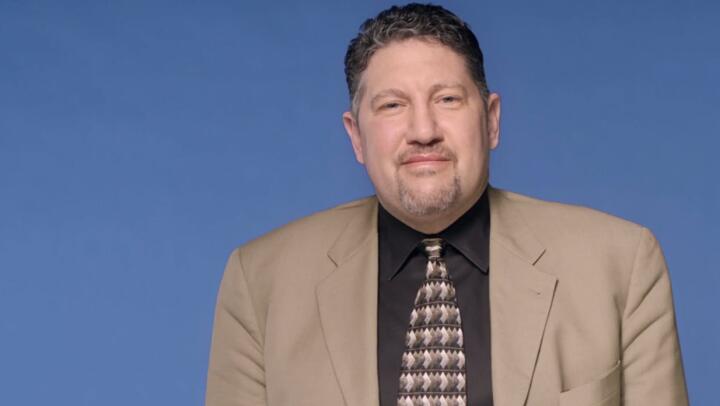8 Surprising Facts About Heart Failure

Medically Reviewed By William C. Lloyd III, MD, FACS
Written By Mary Elizabeth Dallas on October 27, 2021
-
 1. Heart failure is common.One fact about heart failure is it's more common than you may think. Heart failure occurs when the heart doesn't pump blood as well as it should. These heart failure facts might surprise you: More people go to the hospital for heart failure than all types of cancer combined. About 5.1 million people in the United States have this chronic disease and about 400,000 people a year develop this condition.
1. Heart failure is common.One fact about heart failure is it's more common than you may think. Heart failure occurs when the heart doesn't pump blood as well as it should. These heart failure facts might surprise you: More people go to the hospital for heart failure than all types of cancer combined. About 5.1 million people in the United States have this chronic disease and about 400,000 people a year develop this condition. -
 2. Anyone can develop heart failure.People of any age can develop heart failure. It is much more common among people older than 65. But, even kids can have this condition. For instance, it can occur in kids born with heart defects that make the heart work harder. Viral infections can also lead to heart failure in kids. Some medications that treat children for diseases like cancer can damage the heart muscle, too. Young people experience different symptoms than adults, so it's important to know the facts about heart failure symptoms. Treatments for children with heart failure are also different from adult treatments.
2. Anyone can develop heart failure.People of any age can develop heart failure. It is much more common among people older than 65. But, even kids can have this condition. For instance, it can occur in kids born with heart defects that make the heart work harder. Viral infections can also lead to heart failure in kids. Some medications that treat children for diseases like cancer can damage the heart muscle, too. Young people experience different symptoms than adults, so it's important to know the facts about heart failure symptoms. Treatments for children with heart failure are also different from adult treatments.
-
-
 3. Some people are at greater risk for heart failure.Aging can weaken the heart. That's why heart failure is more common in older people. More men develop heart failure than women. African Americans are more likely to have heart failure than people of other races. There are several other risk factors that increase the likelihood of developing the condition. One is being overweight. Extra weight puts a greater burden on the heart. Being overweight is also a risk factor for heart disease and type 2 diabetes, both of which raise the risk of heart failure.
3. Some people are at greater risk for heart failure.Aging can weaken the heart. That's why heart failure is more common in older people. More men develop heart failure than women. African Americans are more likely to have heart failure than people of other races. There are several other risk factors that increase the likelihood of developing the condition. One is being overweight. Extra weight puts a greater burden on the heart. Being overweight is also a risk factor for heart disease and type 2 diabetes, both of which raise the risk of heart failure.
-
 4. Heart failure develops slowly over time.Heart failure is not a sudden event like a heart attack. The heart generally does not stop working abruptly. Rather, heart failure develops from heart damage. The damage builds up when the heart isn’t working as well as it should. A heart attack can cause such damage. So can chronic diseases like heart disease, diabetes, and high blood pressure. Over time, the heart gradually gets weaker. It must work harder to keep blood flowing through the body.
4. Heart failure develops slowly over time.Heart failure is not a sudden event like a heart attack. The heart generally does not stop working abruptly. Rather, heart failure develops from heart damage. The damage builds up when the heart isn’t working as well as it should. A heart attack can cause such damage. So can chronic diseases like heart disease, diabetes, and high blood pressure. Over time, the heart gradually gets weaker. It must work harder to keep blood flowing through the body.
-
 5. Heart failure ranges from mild to severe.Heart failure often starts out as a mild condition. At first, some people may not have to limit their activities at all. They may not feel tired or short of breath. However, over time as the heart weakens, mild heart failure can get worse. People may begin to feel tired and short of breath as they go about their daily routine. For those with a severe case of heart failure, any type of physical activity causes significant discomfort.
5. Heart failure ranges from mild to severe.Heart failure often starts out as a mild condition. At first, some people may not have to limit their activities at all. They may not feel tired or short of breath. However, over time as the heart weakens, mild heart failure can get worse. People may begin to feel tired and short of breath as they go about their daily routine. For those with a severe case of heart failure, any type of physical activity causes significant discomfort.
-
 6. Many people do not realize they have heart failure.Many people with heart failure think their symptoms are just part of getting older. That's because the warning signs of heart failure can be subtle. They may resemble common signs of aging, such as getting tired more easily. Without knowing heart failure facts, you might mistake symptoms of heart failure for other conditions. For instance, shortness of breath can also be from a lung disease, like asthma and COPD (chronic obstructive pulmonary disease).
6. Many people do not realize they have heart failure.Many people with heart failure think their symptoms are just part of getting older. That's because the warning signs of heart failure can be subtle. They may resemble common signs of aging, such as getting tired more easily. Without knowing heart failure facts, you might mistake symptoms of heart failure for other conditions. For instance, shortness of breath can also be from a lung disease, like asthma and COPD (chronic obstructive pulmonary disease).
-
-
 7. There are ways to prevent heart failure.You can prevent or delay heart failure by making some adjustments to your lifestyle. Following a healthy diet is critical for reducing your risk of heart failure. If you smoke, it’s important to quit. Avoiding alcohol is also a good idea. Losing excess weight and getting regular exercise are essential for protecting your heart health. Also, control health conditions that raise the risk for heart failure, including diabetes, high blood pressure, and heart disease.
7. There are ways to prevent heart failure.You can prevent or delay heart failure by making some adjustments to your lifestyle. Following a healthy diet is critical for reducing your risk of heart failure. If you smoke, it’s important to quit. Avoiding alcohol is also a good idea. Losing excess weight and getting regular exercise are essential for protecting your heart health. Also, control health conditions that raise the risk for heart failure, including diabetes, high blood pressure, and heart disease.
-
 8. Heart failure can be treated.Heart failure is treatable. There are many medications available. Most people with heart failure take more than one. Some of these drugs treat heart failure symptoms. Others target health issues that are weakening the heart. Making healthy lifestyle changes can also help you improve your heart health and quality of life: Eat a healthy, low-salt diet; get regular physical activity; take your medication as directed; reduce stress; get plenty of rest; and get vaccinated for flu—the seasonal flu vaccine will also help keep you healthy.
8. Heart failure can be treated.Heart failure is treatable. There are many medications available. Most people with heart failure take more than one. Some of these drugs treat heart failure symptoms. Others target health issues that are weakening the heart. Making healthy lifestyle changes can also help you improve your heart health and quality of life: Eat a healthy, low-salt diet; get regular physical activity; take your medication as directed; reduce stress; get plenty of rest; and get vaccinated for flu—the seasonal flu vaccine will also help keep you healthy.
Heart Failure Facts | 8 Surprising Facts About Heart Failure



























